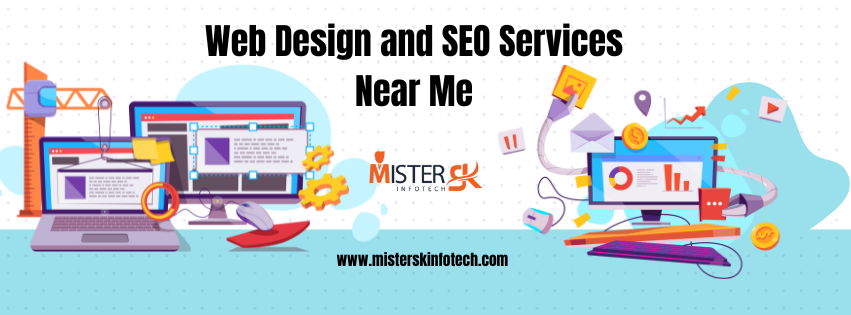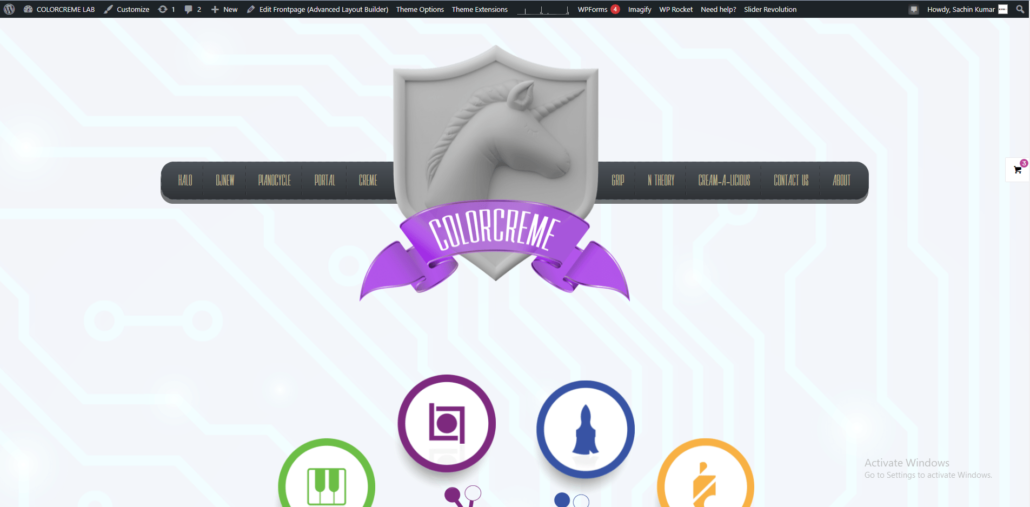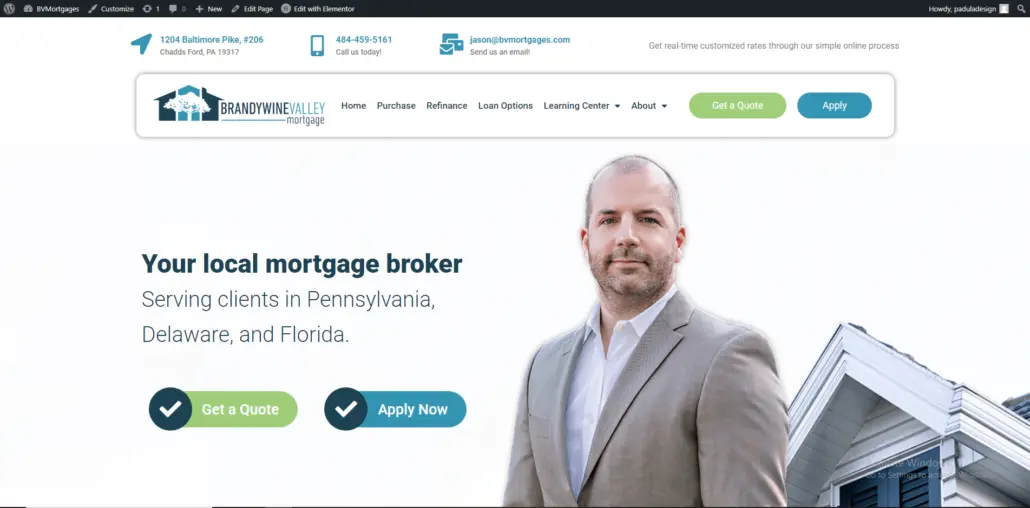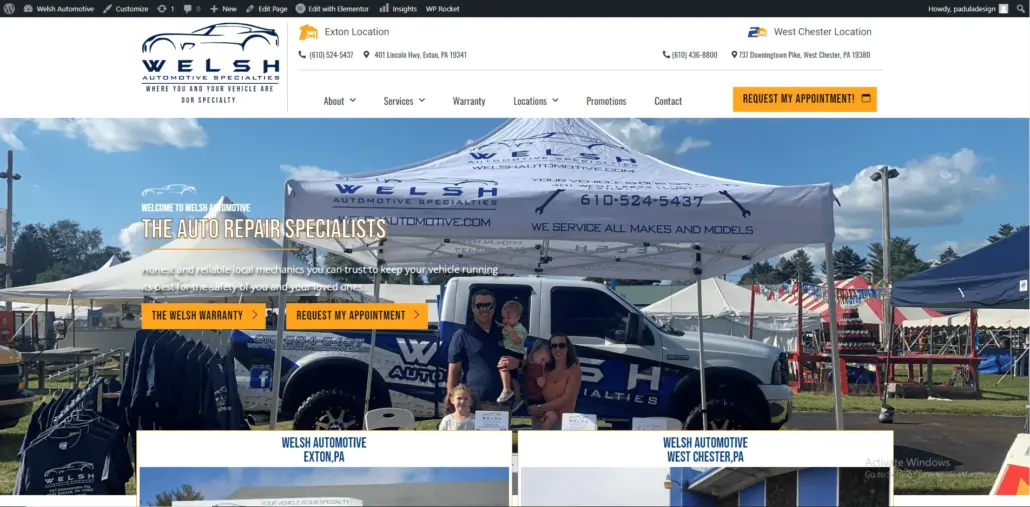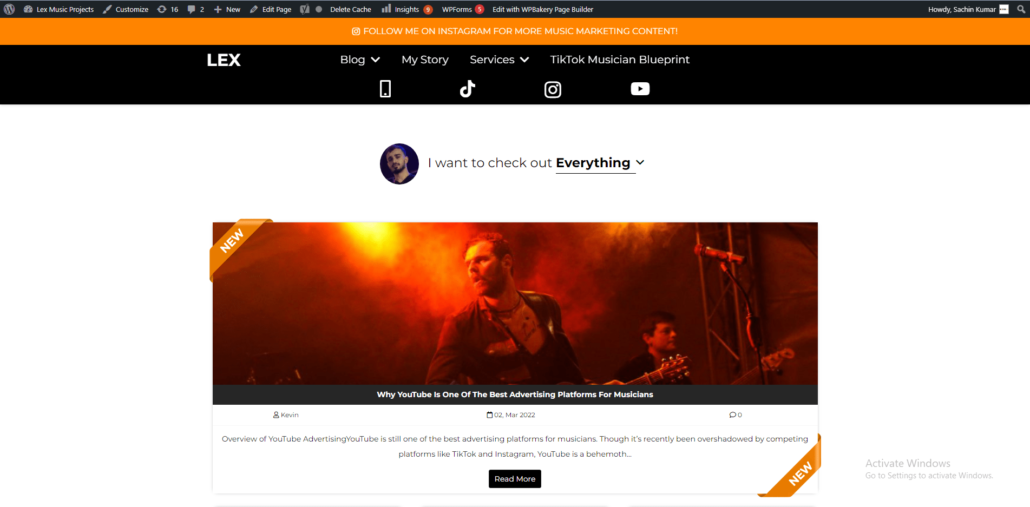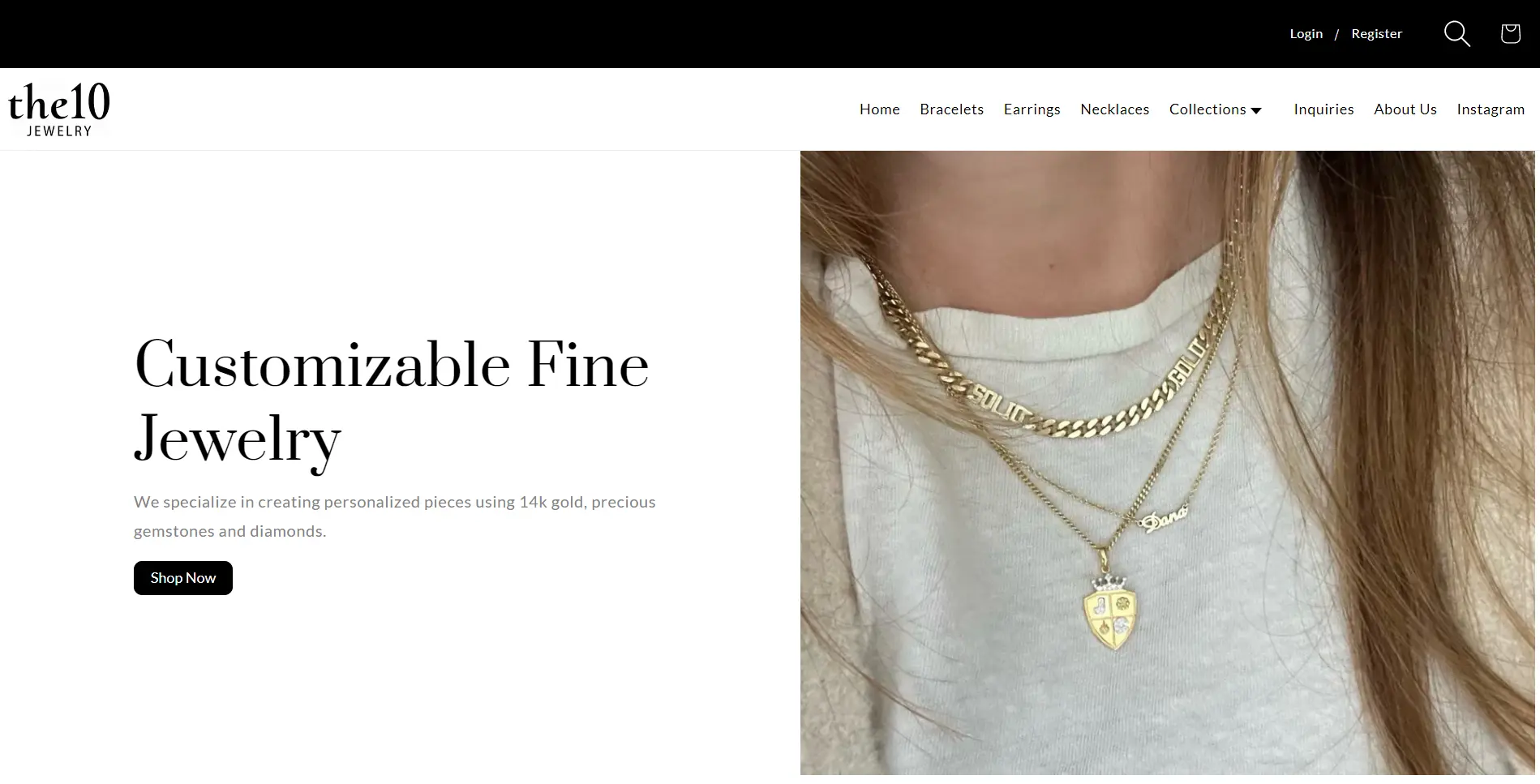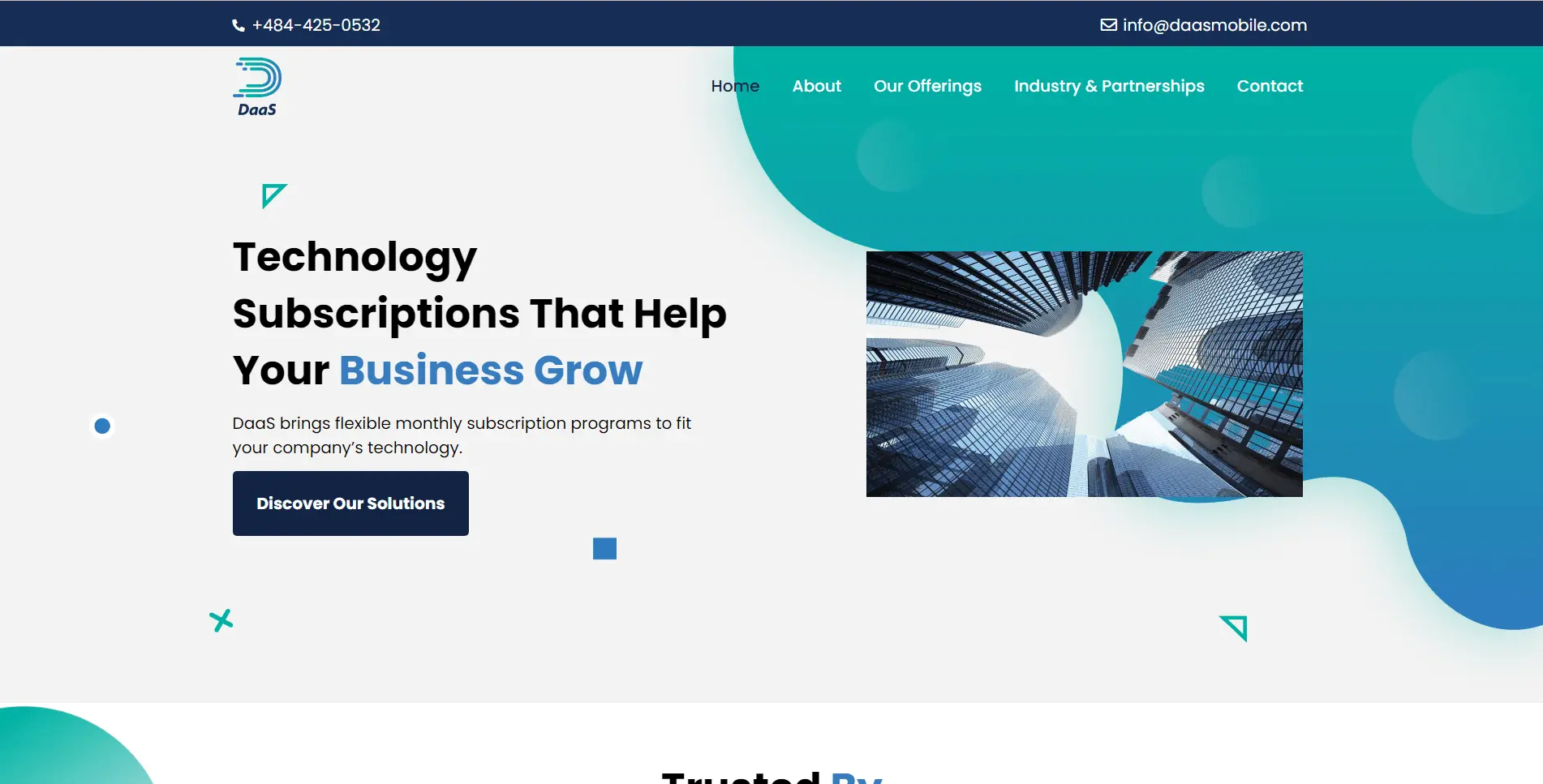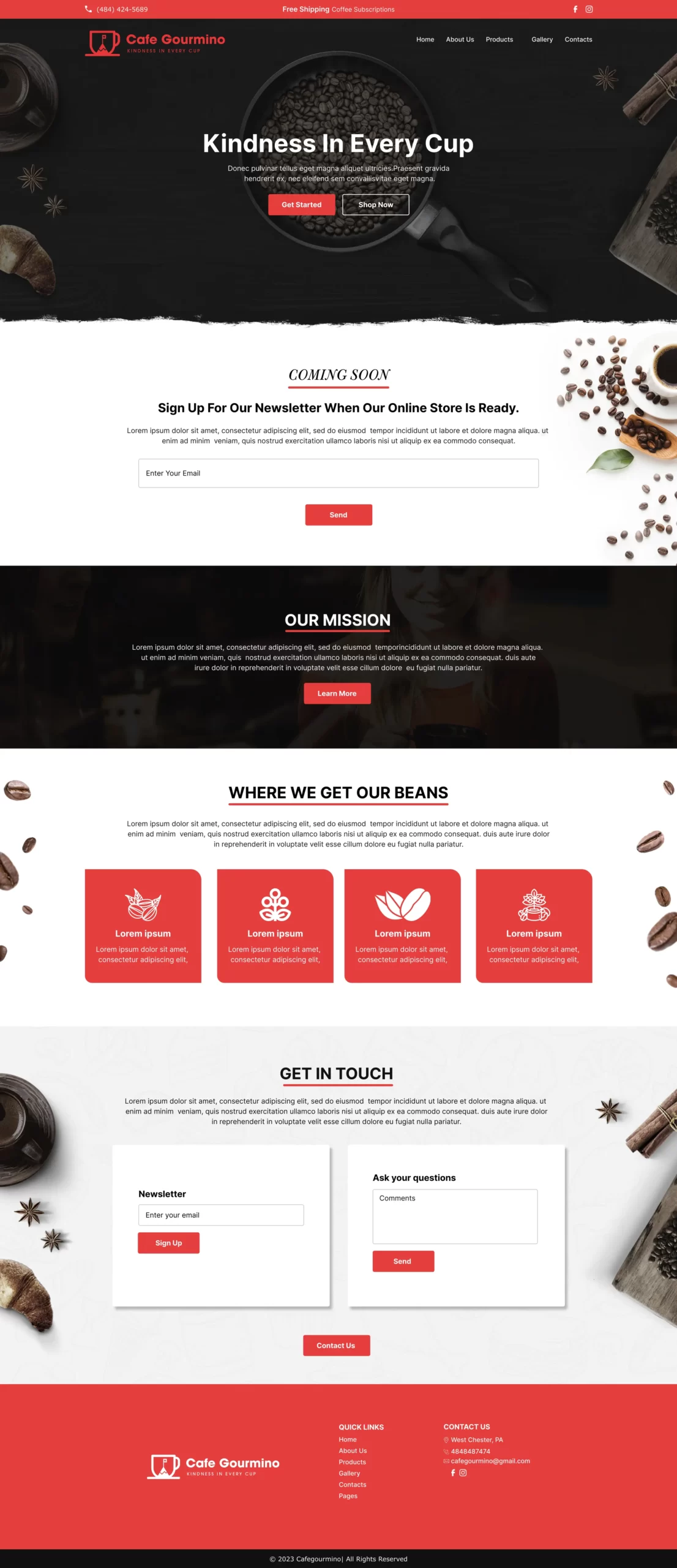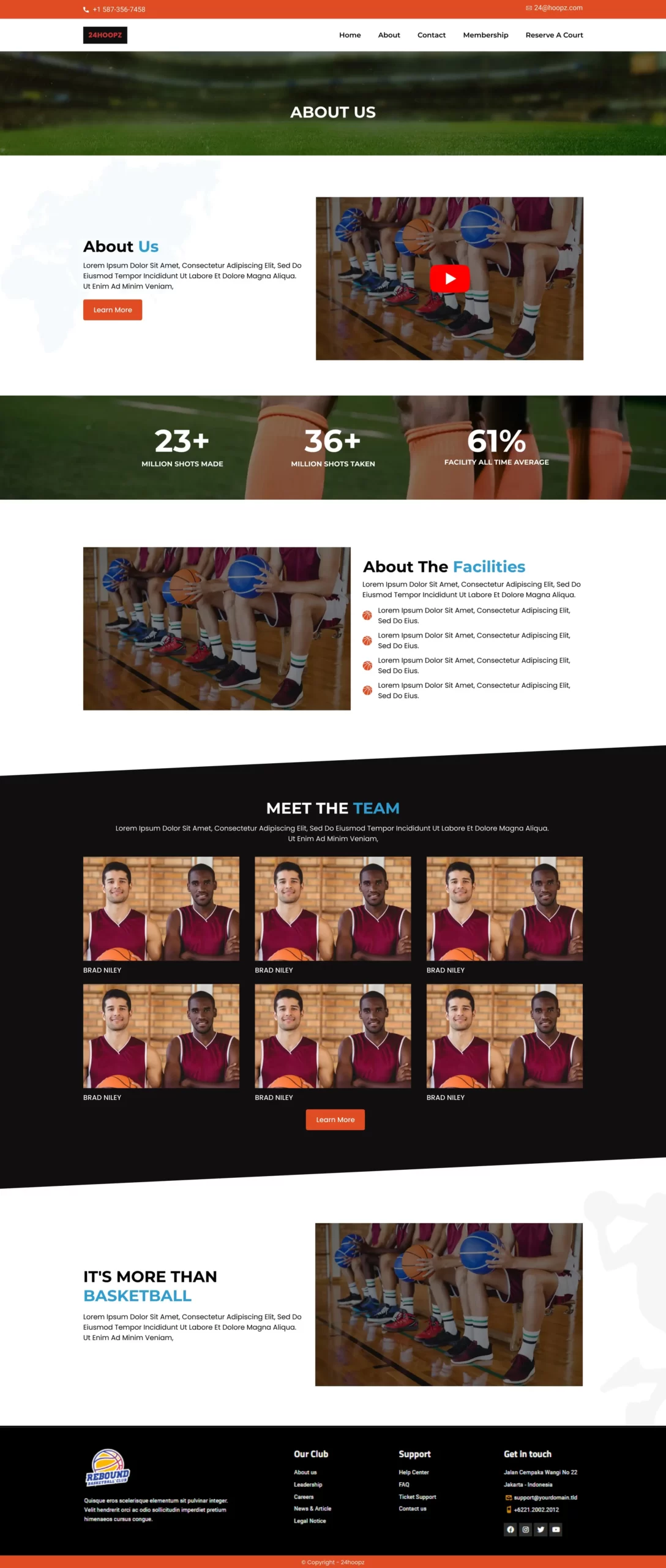The demand for visually appealing, functional, and user-friendly websites has never been higher. As businesses of all sizes embrace digital transformation, the opportunity to start a web design business is both lucrative and fulfilling. If you’re passionate about design and have the skills to create compelling websites, this guide will help you navigate the process of launching and growing a successful web design business.
1. Why Start a Web Design Business?
Web design businesses thrive in the digital age for several reasons:
- High Demand: Every business needs a website to establish an online presence, attract customers, and drive growth.
- Low Start-Up Costs: With a laptop, design software, and an internet connection, you can begin your journey as a web designer.
- Creative Fulfillment: Web design combines technical expertise with creative expression, offering a satisfying career path.
- Scalability: Start as a freelancer and grow into an agency over time.
- Diverse Opportunities: Work with various industries and clients, from startups to established corporations.
2. Steps to Starting Your Web Design Business
1. Build Your Skills and Portfolio
Before launching your business, ensure you have a strong foundation in web design. Key skills include:
- HTML, CSS, and JavaScript: These are the building blocks of web design.
- Design Principles: Understand color theory, typography, and layout.
- Responsive Design: Create websites that perform seamlessly on all devices.
- User Experience (UX): Focus on functionality and user satisfaction.
To demonstrate your expertise, create a portfolio showcasing:
- Personal projects or redesigns of existing websites.
- Work for friends, family, or non-profits to build experience.
- Case studies detailing your process and results.
2. Define Your Niche
Specializing in a niche can set your business apart. Consider focusing on:
- E-commerce: Designing online stores for retailers.
- Local Businesses: Creating websites for small businesses in your area.
- Industry-Specific Design: Catering to sectors like healthcare, real estate, or hospitality.
3. Create a Business Plan
A solid business plan outlines your goals, strategies, and financial projections. Include:
- Mission Statement: Your purpose and what you aim to achieve.
- Target Market: Define your ideal clients.
- Services Offered: Detail the design services you provide.
- Pricing Model: Choose between hourly rates, fixed fees, or retainers.
- Marketing Strategy: Outline how you’ll attract clients.
4. Register Your Business
Choose a business name that reflects your brand and register it with the appropriate authorities. Also:
- Obtain necessary licenses or permits.
- Set up a business bank account.
- Purchase insurance to protect your assets.
5. Set Up Your Workspace
Create an efficient workspace to support your productivity. Essentials include:
- A high-performance computer.
- Reliable design software like Adobe Creative Suite or Figma.
- Project management tools to track tasks and deadlines.
6. Develop Your Website
Your website is your most important marketing tool. Ensure it:
- Highlights your portfolio and testimonials.
- Clearly states your services and pricing.
- Includes a call-to-action (CTA) for inquiries or bookings.
7. Market Your Business
Attract clients through strategic marketing efforts:
- Networking: Attend events and connect with potential clients and collaborators.
- Social Media: Showcase your work on platforms like Instagram, LinkedIn, and Twitter.
- Content Marketing: Write blogs or create tutorials to demonstrate your expertise.
- Search Engine Optimization (SEO): Optimize your website to rank high in search results.
Companies like Mistersk Infotech have mastered the art of leveraging online presence to attract clients. By adopting similar strategies, you can elevate your brand visibility.
3. Offering Value to Clients
To build a loyal client base, focus on delivering value:
1. Understand Client Needs
Conduct thorough consultations to understand:
- Their goals and objectives.
- Target audience and industry trends.
- Preferred design style and functionality.
2. Communicate Effectively
Keep clients informed throughout the design process. Use tools like Trello or Slack for collaboration and updates.
3. Provide Excellent Customer Service
Go above and beyond by:
- Meeting deadlines.
- Offering post-launch support and maintenance.
- Providing training for clients to manage their websites.
4. Scaling Your Web Design Business
Once your business gains traction, consider scaling to increase revenue:
1. Hire a Team
Expand your capabilities by hiring:
- Designers to handle larger projects.
- Developers to add advanced functionalities.
- Marketers to promote your services.
2. Expand Services
Offer complementary services such as:
- Branding and logo design.
- Digital marketing and SEO.
- Website hosting and maintenance packages.
3. Automate Processes
Streamline your operations using:
- Proposal and contract templates.
- Automated invoicing and payment systems.
- Project management tools for efficiency.
5. The Role of Mistersk Infotech in Inspiring New Businesses
Mistersk Infotech’s success as a web design and digital solutions provider highlights the potential of this industry. Their commitment to:
- Delivering tailored solutions to clients.
- Leveraging the latest technologies and trends.
- Building long-term relationships through exceptional service.
serves as an excellent model for aspiring entrepreneurs. By emulating such principles, you can build a reputation for reliability and innovation in the web design market.
6. Challenges and How to Overcome Them
1. Finding Clients
- Use referrals and testimonials to build trust.
- Partner with agencies or freelancers for collaborative projects.
2. Managing Workload
- Prioritize tasks and delegate when needed.
- Use productivity tools to stay organized.
3. Staying Updated
- Continuously learn new skills and tools.
- Stay informed about design trends and technologies.
Conclusion
Starting a web design business is a rewarding venture that combines creativity and technical skills. With the right preparation, marketing strategies, and commitment to quality, you can establish a thriving business that meets the growing demand for professional web design.
Take inspiration from successful companies like Mistersk Infotech, which have built their brand by consistently delivering exceptional results. By focusing on client satisfaction and innovation, you can carve out your niche and achieve long-term success in the web design industry.


